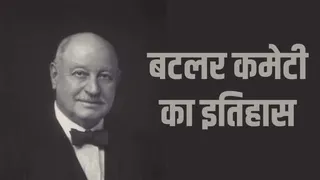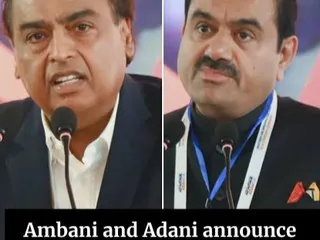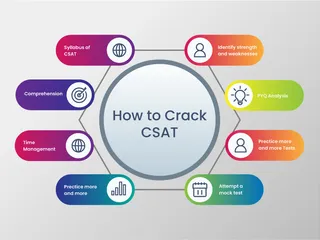The All-India Muslim League (AIML), founded in 1906 in Dhaka, was a significant political party in British India. Initially conceived as a platform to safeguard the interests of Indian Muslims within the larger Indian National Congress, its trajectory dramatically shifted over time, culminating in its pivotal role in the partition of India and the creation of Pakistan.
Early years saw the League advocating for Muslim representation in government and addressing concerns about the socio-economic well-being of the Muslim community. However, growing religious and political differences with the Congress, coupled with the British policy of 'divide and rule', led to the League's evolution into a distinct political force advocating for separate Muslim electorates and ultimately, a separate homeland.
The leadership of Muhammad Ali Jinnah, often referred to as the 'Quaid-e-Azam' (Great Leader), significantly shaped the League's trajectory. Jinnah initially attempted to foster cooperation between the Congress and the League, but increasing communal tensions and perceived inadequacies in Congress' approach to Muslim concerns drove him towards the demand for a separate Muslim state. His compelling arguments and charismatic leadership mobilized significant Muslim support for the League’s vision.
The Lahore Resolution of 1940, also known as the Pakistan Resolution, formally articulated the demand for a separate Muslim state encompassing areas with a significant Muslim majority. This marked a watershed moment, solidifying the League's commitment to partition and intensifying the political struggle. The subsequent years saw heightened communal violence and escalating political maneuvering, culminating in the independence of India and Pakistan in 1947.
The creation of Pakistan was a direct consequence of the League’s efforts, though the process was marred by immense human suffering and displacement. Millions were forced to migrate across the newly drawn borders, leading to widespread communal violence and loss of life. The legacy of the partition remains a complex and contentious issue in South Asia to this day.
Post-partition, the Muslim League's influence in India waned considerably. In Pakistan, however, it held significant power initially, forming the first government of the newly formed nation. Over time, its dominance diminished, and it evolved into one of several political parties within the Pakistani political landscape.
The AIML's history is a testament to the complexities of nationalism, religious identity, and political maneuvering in a colonial context. While its success in achieving the creation of Pakistan is undeniable, the partition's devastating consequences serve as a potent reminder of the inherent risks and challenges involved in pursuing sectarian political agendas. The study of the All-India Muslim League continues to be crucial for understanding the historical forces that shaped the political map of South Asia and the enduring legacy of its decisions.
It's important to note that various interpretations exist regarding the League's motives and actions, particularly concerning the extent to which Jinnah and the League actively sought partition or whether it was a consequence of evolving circumstances and British policy. Historical analysis continues to grapple with these multifaceted aspects.






 (24)jpeg-1722421859875.jpeg.webp)

















